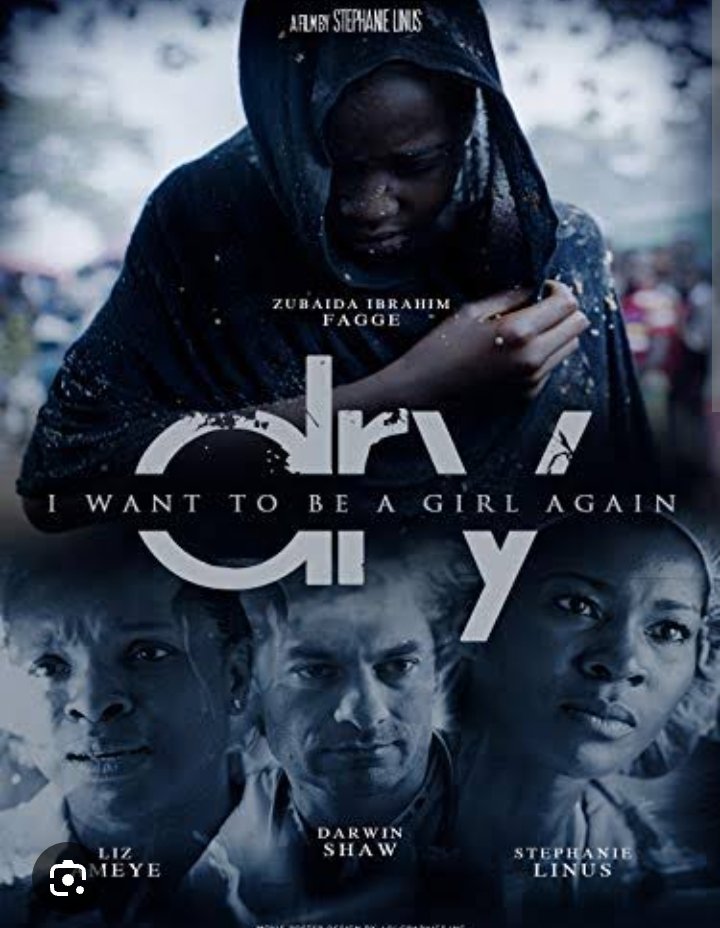Movie of the Week: Race to Nowhere (2009)
A powerful call to rethink what success truly means in education and in life.

Directed by: Vicki Abeles & Jessica Congdon
Written by: Maimone Attia
Runtime: 85 minutes
Genre: Documentary
Introduction
Race to Nowhere (2009) is a groundbreaking documentary which shines a spotlight on the dark underbelly of the American education system, a system that increasingly prioritizes performance over well-being, test scores over creativity, and outcomes over mental health. This deeply personal yet powerfully universal film that began as a mother’s desperate search for answers when her middle school daughter became physically ill due to school-related stress. What followed was a revelatory journey that exposed a silent epidemic affecting students, parents, and educators across the country.
The Story
Through a collage of compelling interviews with students, educators, parents, and experts in child development, Race to Nowhere reveals the human cost of an education model obsessed with metrics: test scores, grade point averages, college admissions. We meet overachieving kids suffering from insomnia and panic attacks, teachers burdened by curricula that crush curiosity, and parents torn between nurturing their children and keeping them “competitive.”
Perhaps the most heartbreaking moment comes with the story of a 13-year-old girl, an excellent student who died by suicide due to the unbearable fear of academic failure. This tragedy is not framed as an anomaly, but as an extreme outcome of a common cultural narrative: that worth is performance-based, and mistakes are unacceptable.
The film explores several key themes:
-
The myth of academic perfection: Students are trained to fear failure so deeply that risk-taking and resilience fall by the wayside.
-
Cheating as survival: With unrealistic workloads, many students resort to dishonesty, not out of moral failure, but desperation.
-
Teacher disempowerment: Educators express frustration at being unable to focus on real learning, creativity, or emotional intelligence in a rigid, test-driven system.
-
Emotional and physical tolls: From anxiety and depression to stress-related illnesses, the consequences are deeply felt by young people across the country.
What makes Race to Nowhere especially resonant today more than a decade after its release is how well it foreshadowed current debates about education, mental health, and the purpose of schooling. It urges us to ask: What are we preparing our children for? A life of purpose and capability, or a relentless chase of credentials and perfection?
Life Skills: The Missing Curriculum
The documentary underscores the urgent need for life skills education, a theme that aligns with growing global discourse. In an age where Harvard research shows 80% of success depends on soft skills, not academic or technical know-how, our children are being trained for obsolescence unless we radically shift gears.
Key skills like:
-
Emotional Intelligence
-
Communication
-
Empathy
-
Collaboration
-
Civility
-
Negotiation
-
Grit
…are increasingly more crucial than memorizing facts or acing standardized tests.
The World Economic Forum’s 2020 report predicts that 44% of job-relevant skills will shift by 2025, requiring adaptability, creativity, and critical thinking, qualities that the current education model too often stifles rather than cultivates.
The New Education Policy 2020 in India and similar global reforms reflect a growing understanding: students must be prepared not just for exams, but for life. We need an education system that balances “learning for school” with “learning for life”—an ecosystem that values well-being as much as performance.
Conclusion
Race to Nowhere is more than a documentary, it is a clarion call for parents, educators, policymakers, and young people themselves. It challenges the cultural obsession with achievement at all costs and paints a compelling picture of what happens when we forget that children are not machines, they are human beings with emotional, social, and intellectual needs.
It challenges parents, teachers, policymakers, and society to reconsider what true success looks like. If academic pressure is robbing our children of their health, creativity, and joy, then perhaps we are racing in the wrong direction. This is a must-watch for anyone who cares about education, mental health, or the future of our precious children.
Watch it, reflect, and most importantly—act. Because no child should ever feel that their worth is defined by a test score.





